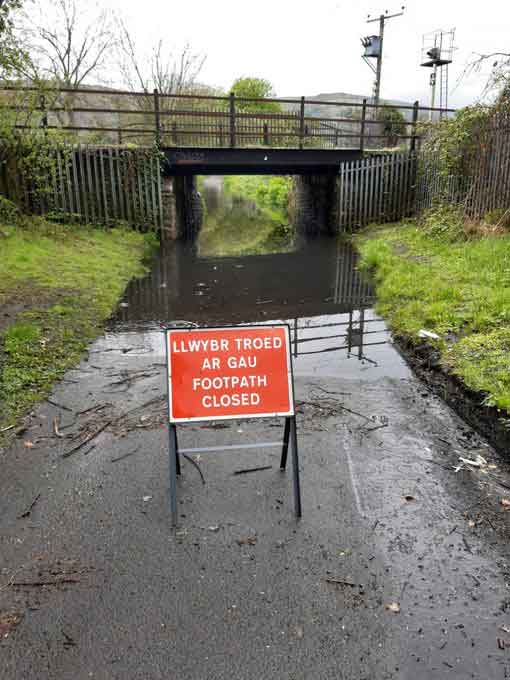Are councils embracing a ‘Cloud First’ approach? What about Rhondda Cynon Taf Council?
Local councils today are under enormous pressure from both central government and British citizens to deliver better services, at lower costs. With local authorities facing an overall funding gap of £5.8bn by the end of the decade, councils are always on the lookout for innovative, cost effective technology to help deliver efficient citizen services, whilst also improving staff productivity and reducing costs.
Like many organisations, local authorities continue to review the possibilities of cloud. However, despite the Government’s ‘Cloud First’ directive of 2013 and the potential for the cloud to completely transform public services, our recent research indicates that the majority of local authorities are still in the early stages of their cloud journey. So, are UK local authorities still striving to achieve a ‘Cloud First’ approach?
Cloud migration still a work in progress
Back in 2013, the government introduced a 'Cloud First' policy calling for all public sector organisations to consider cloud solutions when procuring new or existing services. This government directive states that public sector organisations should fully evaluate potential cloud solutions first before considering any other option. This approach is mandatory for central government and strongly recommended to the wider public sector, as 'the primary benefits for government come when we embrace the public cloud'.
Despite this Government directive, our Freedom of Information (FoI) request – issued to 80 councils, with half of those contacted responding to the request – suggested that cloud migration is still a work in progress for local authorities across the UK. In fact, just eight per cent said that they now access and manage all data in public clouds.
Instead, most councils appear to be at varying stages of cloud migration: 80% that responded to the request still access and manage their citizen data on-premises in some capacity, whilst 30% utilise a private cloud, and a quarter rely on a hybrid cloud model. Furthermore, around 70% of councils were “not confident” that they hold a ‘single view’ of their citizen data which, in an ideal scenario, would mean one database entry per citizen – enabling them to access their service history such as parking permits and council tax records etc, via one account.
Migrating data and apps to the cloud
No single local authority that responded to this FOI request was in a position to manage their applications and data entirely in a cloud environment yet. In fact, 85% of councils that responded have less than half of their applications and data in the cloud, with 77% storing less than a quarter in a cloud environment.
The findings show that legacy IT systems are the main culprit for local authorities’ struggle to fully embrace the cloud – with many finding it a challenge to consolidate and migrate data and applications. In fact, 35% of councils confirmed that they are not outsourcing or downsizing their physical IT infrastructure in favour of a cloud model, and do not have plans to do so in future either.
Taking the plunge with ‘Cloud First’
Cloud solutions are typically more cost effective, scalable, secure and flexible than legacy alternatives. As a result, they offer councils a solution to bridging the funding gap they currently face. Encouragingly, 75% of local authorities indicated they are considering investing in cloud infrastructure and technologies within the next 12 months. Furthermore, 38% also confirmed that they are either preparing for, or in the process of, moving to a cloud-based model by outsourcing and downsizing their IT infrastructure – including on premise servers and physical hardware.
It seems inevitable that the cloud will become integral to the delivery of local authority services in the future. Councils will continue to review the possibilities of the cloud but, at least in the short term, the majority will likely rely on a mix of private and hybrid environments.
Looking ahead
Cloud adoption can be a daunting prospect for those leading the effort – it is potentially a major undertaking. However, the cloud will be an indispensable asset for local authorities looking to deliver first-class services to residents across the UK. Early adopters of a ‘Cloud First’ approach will quickly reap the rewards.
Darren Fields is managing director UK & Ireland at Citrix


